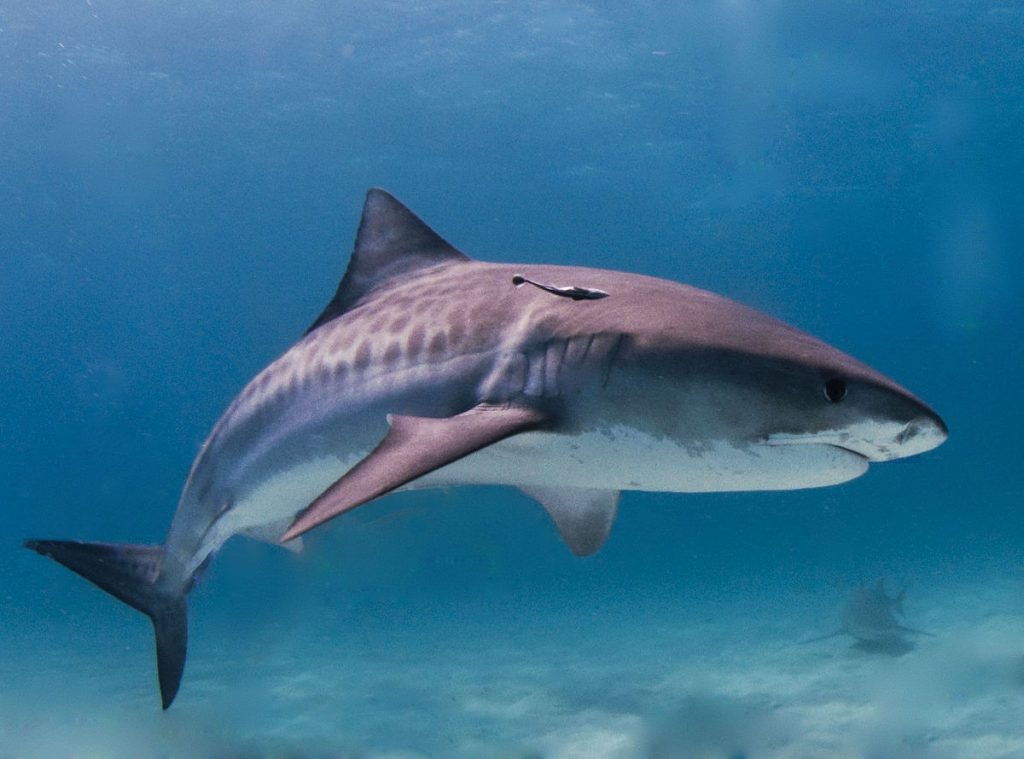5 Fun Facts About Sharks That May Surprise You
Sharks are vicious, scary, and ferocious – or so that’s what most people think. Movies like Jaws, The Shallows and more tend to portray sharks (particularly the great white sharks), as these cold-blooded predators but in reality, they’re actually just misunderstood creatures. Here are 5 shark facts that might change your mind about them.
1. Not All Sharks Are Huge

Dwarf Lanternshark (Photo Credit: ocean.si.edu)
With a maximum length of about 20cm, the dwarf lanternshark is the smallest shark species in the world. That’s about the length of a human palm! In comparison, the largest shark species, the whale shark, averages at about 40 feet in length. Dwarf lanternsharks are an obscure species because their small size gives them relatively little economic value. In addition, these tiny sharks are rarely seen as they are only found on the upper continental slopes near Colombia and Venezuela.
2. Keep Going Forward

Blacktip Shark (Photo Credit: wctv.tv)
A popular shark myth that is often circulated around is that sharks cannot breathe once they stop swimming. Contrary to popular belief, sharks don’t have to swim constantly to breathe. However, they do always have to swim forward. This is because their pectoral fins are stiff and cannot bend upwards, which means they can’t swim backwards or stop abruptly.
3. The Sixth Sense

Tiger Shark (Photo Credit: wikipedia.com)
Humans have 5 senses, but sharks are gifted with an extra sense – electroreception. Electroreception gives sharks the ability to detect electromagnetic fields, which they use to hunt their prey. They can sense and hone in on prey with amazing precision, even in pitch black conditions. In addition, sharks also use electroreception to navigate the depths of the ocean with ease.
4. Teeth For Scales

Whale Shark (Photo Credit: goodthingsguy.com)
Another characteristic that makes sharks different from other fish is their scales. Instead of regular fish scales, sharks have miniature teeth called dermal denticles. These denticles point towards their tail, so if you pet a shark from head to tail, they feel relatively smooth, but it feels coarse if you pet them the other way. Additionally, denticles also help sharks swim quicker by reducing drag.
5. Fatalities From Sharks Are Rare

Great White Shark (Photo Credit: smithsonianmag.com)
Despite what’s depicted in popular culture, fatalities from shark attacks are actually very rare. Sharks generally do not like the taste of humans, so they usually just perform a “test bite” and swim away. According to the International Shark Attack File (ISAF), there were only 5 fatalities out of the 88 unprovoked shark attacks in 2017. Based on these numbers, you’re more likely to die from a lightning strike than a shark attack!



